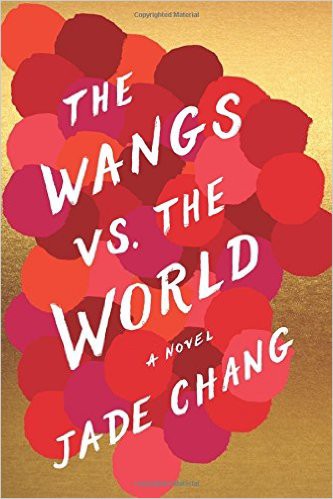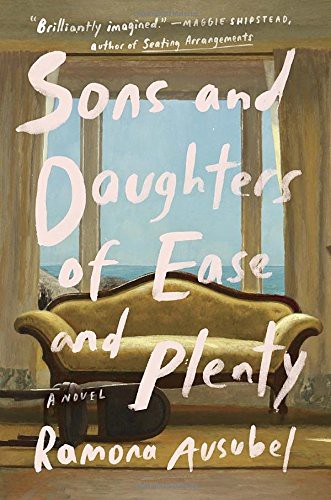Read Some Books About Losing It All
Money, that is. I’m talking about money.

This weekend, my cat spent the better part of her evening staring intently at what I presume was a cockroach underneath the oven, lured to my home by the unseasonable humidity, the dampness, the last gasp of summer. Last night, I slept with my window open, lulled to slumber by the roar of the garbage truck that parks itself right below my bedroom window, and woke up with a cold nose. It’s fall now, whether you like it or not. Time to read.
Reading anything is an adventure; a dip into a new experience that ideally makes you reflect on your own while making you laugh or cry or roll your eyes in disgust. Everyone’s choices are different; but for me, nothing is more delicious than reading big, fat novels about how the other half lives. Class is a topic discussed with tension and unease; fiction about the subject is such a treat to read because the work deals with it in the kind of sordid detail I want to talk about in real life, without having to stumble around propriety and other people’s discomfort. What happens when the money runs out? What happens when the life you once lived is yanked out from under you? How does one contend with the strange feeling of having so much and then having nothing? I have no idea; that’s never been my experience. Lucky for me, and also for you, two books deal with this topic in very different and enjoyable ways.

The Wangs vs. The World by Jade Chang is a story about Chinese immigrants losing their fortune in America and the quest to get it back. It’s beautifully written with a zippy plot that, shockingly, does not center the foreigness of the Asian American immigrant experience. The immigrant struggle against adversity is a footnote rather than the centerpiece; Chang’s book feels in part like an attempt to rewrite the immigrant narrative with which we are all familiar. Yes, the Wangs are Chinese, and yes, they are certainly immigrants, but that fact is treated as nothing more substantial than the meat of the story, which is the notion of a family fortune based on one thing that suddenly goes belly-up.

Ramona Ausubel’s Sons and Daughters of Ease and Plenty is lyrical, poetic and dreamy, a tale of how a family unravels after the fortune itself is gone. These kinds of stories hold a particular fascination; “old money” and the deep pockets of inherited familial wealth is a world that I know very little about. Fiction is fiction; this is not real. But reading about the trappings of that life is oddly soothing: The crumbling old family homes, the dusty estates, being cash-poor but socially wealthy. Now I know what it’s like to have money but also what it’s like to have it ripped away. Sort of.
Support The Billfold
The Billfold continues to exist thanks to support from our readers. Help us continue to do our work by making a monthly pledge on Patreon or a one-time-only contribution through PayPal.
Comments